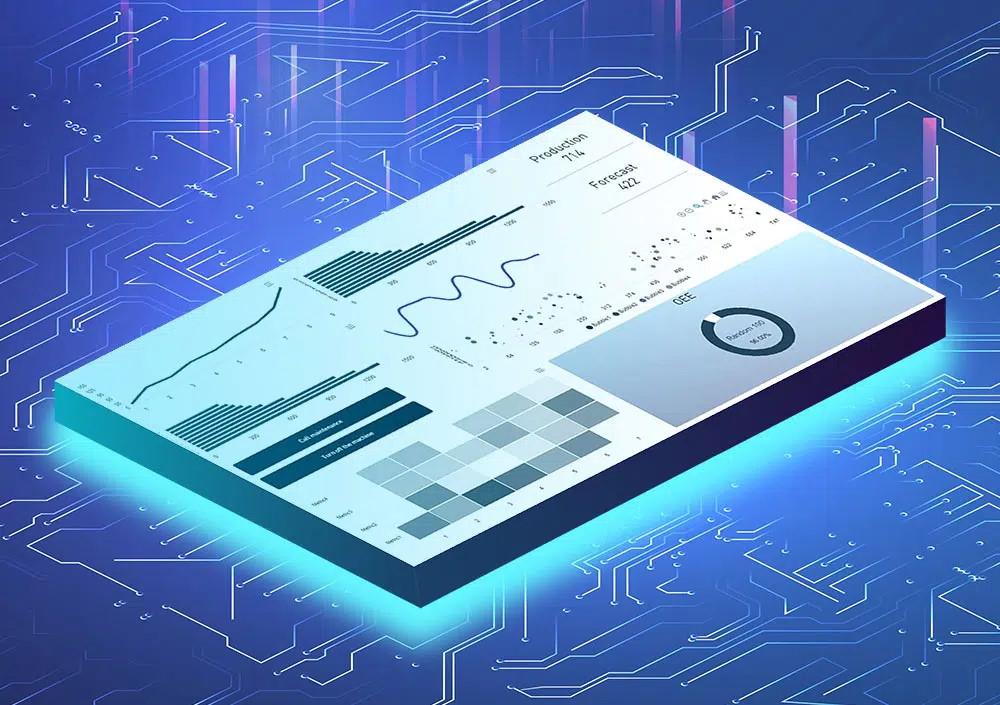Euronovate: a green approach to dematerialization
Padua-based Euronovate Group developed a new methodology to help companies in combining dematerialization with ESG goals

Paperless office can be an old idea - we've been talking about it for decades - but dematerialization in general can be something new for many companies, even big ones. True: in some sectors - Banking and Finance, mainly - dematerialization of key processes is a given. But in other important sectors it's easy to find organizations that aren't approaching the issue in a structured and strategic way. But now there's something that can force them to do so: ESG compliance, because getting rid of paper is an (almost) easy way to improve your "green" posture.
That's also why Padua-based Euronovate Group leveraged its extensive experience in dematerialization, digital identity management and trust services to develop a specific methodology - called Value Wheel - to introduce dematerialization in an organization and connect it to its processes and ESG goals and policies. Public and Private Health, Utilities, Retail and Manufacturing are the sectors where the Value Wheel could be more useful. They all are - says Massimo Ciocca, Head of Sales Retail, PA and Healthcare, Euronovate Group - "vertical use cases requiring specific skills and a structured approach".
The right approach is the key. What many organizations lack, says Euronovate, is precisely an awareness of what approaching dematerialization means: not just putting some hardware and software products together but an articulated process starting from a thorough analysis of what exists and what is needed to improve company processes that are always critical. Adding ESG compliance makes all this more interesting, but also a bit more complex.
That's where the Value Wheel helps. With a (positive) warning: its most conspicuous output may be the overall assessment of the "green" improvements brought by a dematerialization project, but the concrete value comes right from the start, as a methodology that gives structure and substance to the project itself. Which in Euronovate Group's intentions is not just "a technological modernization but a complete transformation of the way the company handles dematerialization."

Euronovate's Value Wheel is a seven-steps framework for a dematerialization project. It starts with an assessment of present processes and of the company goals for the project itself. The next phase is defining the general architecture of the new solution and the technological components it needs, followed by a phase of designing the dematerialization and information flows and - next step - the new systems' first implementation. Next, the Wheel describes the project's go-live phase, where the new solurions are definitely integrated with existing IT, and the real-time monitoring phase, where performances of the new architeture are assessed. The last step is an evaluation of how much have improved some KPIs related to sustainability, operating efficiency, social issues, costs reduction.
Euronovate Group makes a symbolic example of the value Wheel's effectiveness. For a Public Health organization with 300 employees in 90 offices and 4,5 million A4 paper sheets processed every year, the Wheel led to 340,000 euros in less costs, 21,000 tons of CO2 not emitted and a breakeven of the dematerialization project in just 13 months.
The Value Wheel is applicable in any field and for any type of organization. Of course, requirements, objectives and reference regulations may change, and the objectives of the specific project may change too. This "adaptability" of the methodology is a plus Euronovate Group will put to play in its approach to all the markets where dematerialization is an issue. Also in Europe and globally, leveraging the experience made with Italian dematerialization projects, which usually are more evolved than those in other markets, especially outside Europe.

Francesco Pignatelli
Francesco Pignatelli began his love story with computers and technology at the age of 14, with his ZX81. This led to a career in software development and then in IT and tech journalism. He has spent more than 25 years covering a wide range of IT and tech topics - telecommunications, cyber security, software development, enterprise software, knowledge management - for many of the most important Italian business tech magazines. He is always looking for new digital stuff and still writes unreliable software.
Related news
Last News
RSA at Cybertech Europe 2024
Alaa Abdul Nabi, Vice President, Sales International at RSA presents the innovations the vendor brings to Cybertech as part of a passwordless vision for…
Italian Security Awards 2024: G11 Media honours the best of Italian cybersecurity
G11 Media's SecurityOpenLab magazine rewards excellence in cybersecurity: the best vendors based on user votes
How Austria is making its AI ecosystem grow
Always keeping an European perspective, Austria has developed a thriving AI ecosystem that now can attract talents and companies from other countries
Sparkle and Telsy test Quantum Key Distribution in practice
Successfully completing a Proof of Concept implementation in Athens, the two Italian companies prove that QKD can be easily implemented also in pre-existing…
Most read
Integral AI Unveils World’s First AGI-capable Model
#AGI--Integral AI, a global leader in the development of embodied AGI, today announced the successful testing of the world’s first AGI-capable model.…
Reply Achieves the AWS Agentic AI Specialization and Is Named an Implementation…
Reply [EXM, STAR: REY] announced that it has achieved the Amazon Web Services (AWS) Agentic AI Specialization, a new category within the AWS AI Competency.…
Tecnotree Emerges as CX Catalyst Winner for Impact at The Fast Mode Awards…
Tecnotree, a global digital platform and services leader for AI, 5G, and cloud-native technologies, has won the CX Catalyst award for Impact at The Fast…
CoMotion GLOBAL 2025 Launches in Riyadh: Global Mobility Leaders Unite…
Riyadh is rapidly becoming one of the world's most ambitious urban mobility laboratories, where next-generation technologies move from blueprint to real-world…






